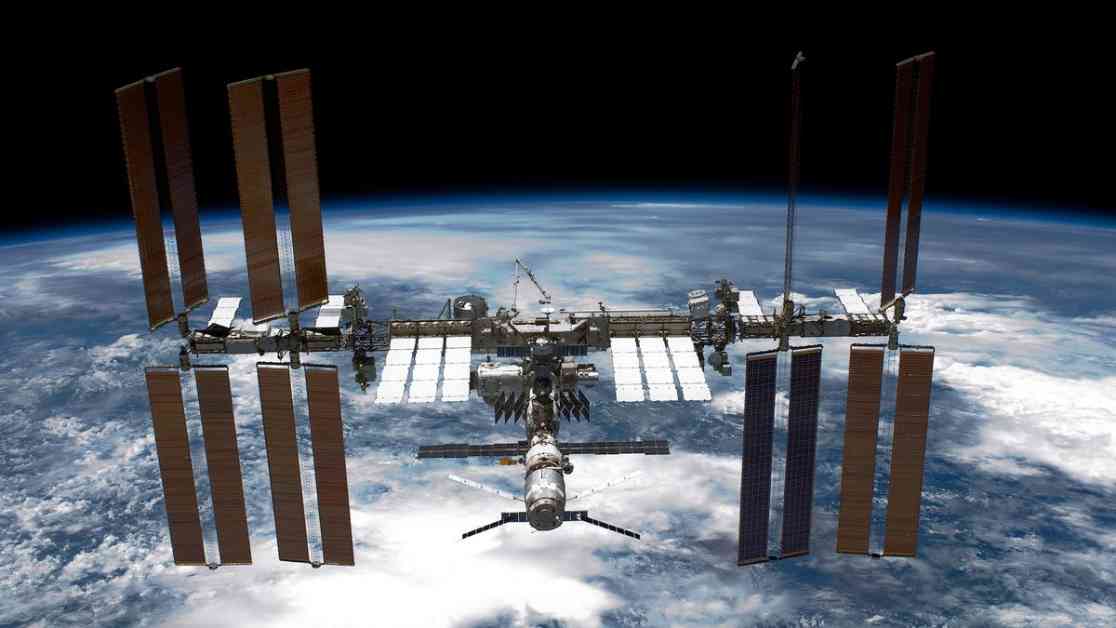Scientists have successfully grown miniature organs on the International Space Station, and now they are planning to grow livers in an upcoming study. The goal of this research is to determine if microgravity can help promote the growth of healthy tissue with a sufficient blood supply. This could potentially lead to the development of personalized, space-grown tissues and organs for use in transplant surgeries.
Dr. Tammy Chang, a professor of surgery at the University of California, San Francisco, is leading the research. She envisions using these space-grown tissues for therapy to treat various liver-function diseases and disorders. Growing tissues in a laboratory on Earth can be challenging due to gravity pulling cells downward and putting them under stress. To address this issue, researchers have developed rotating bioreactors that simulate a low-gravity environment and allow tissues to grow in artificial conditions.
Chang and her team are using induced pluripotent stem cells to grow space-age liver organoids. These stem cells are adult cells that have been reprogrammed to become stem cells capable of generating different types of tissue. The researchers then coax these engineered stem cells to transform into liver cells and grow them in a special spherical bioreactor called Tissue Orb. This bioreactor has a central conduit that mimics a blood vessel, which is crucial for nurturing organoids with a circulatory system to grow larger pieces of tissue.
The upcoming liver-tissue experiment is set to launch to the ISS in early 2025. The tissues will grow aboard the station for two weeks before being fixed for analysis back on Earth. A second experiment planned for 2025 or 2026 will test a supercooling system to bring live tissues back to Earth. These miniature livers are not the first organoids grown on the ISS, as researchers have been using space-grown organoids to study various biological processes.
Overall, this research represents a significant step in understanding how microgravity can benefit the growth of tissues and organs. The potential applications of this research could revolutionize the field of regenerative medicine and transplantation. As technology advances and more experiments are conducted in space, the possibilities for developing new treatments and therapies using space-grown tissues continue to expand.










